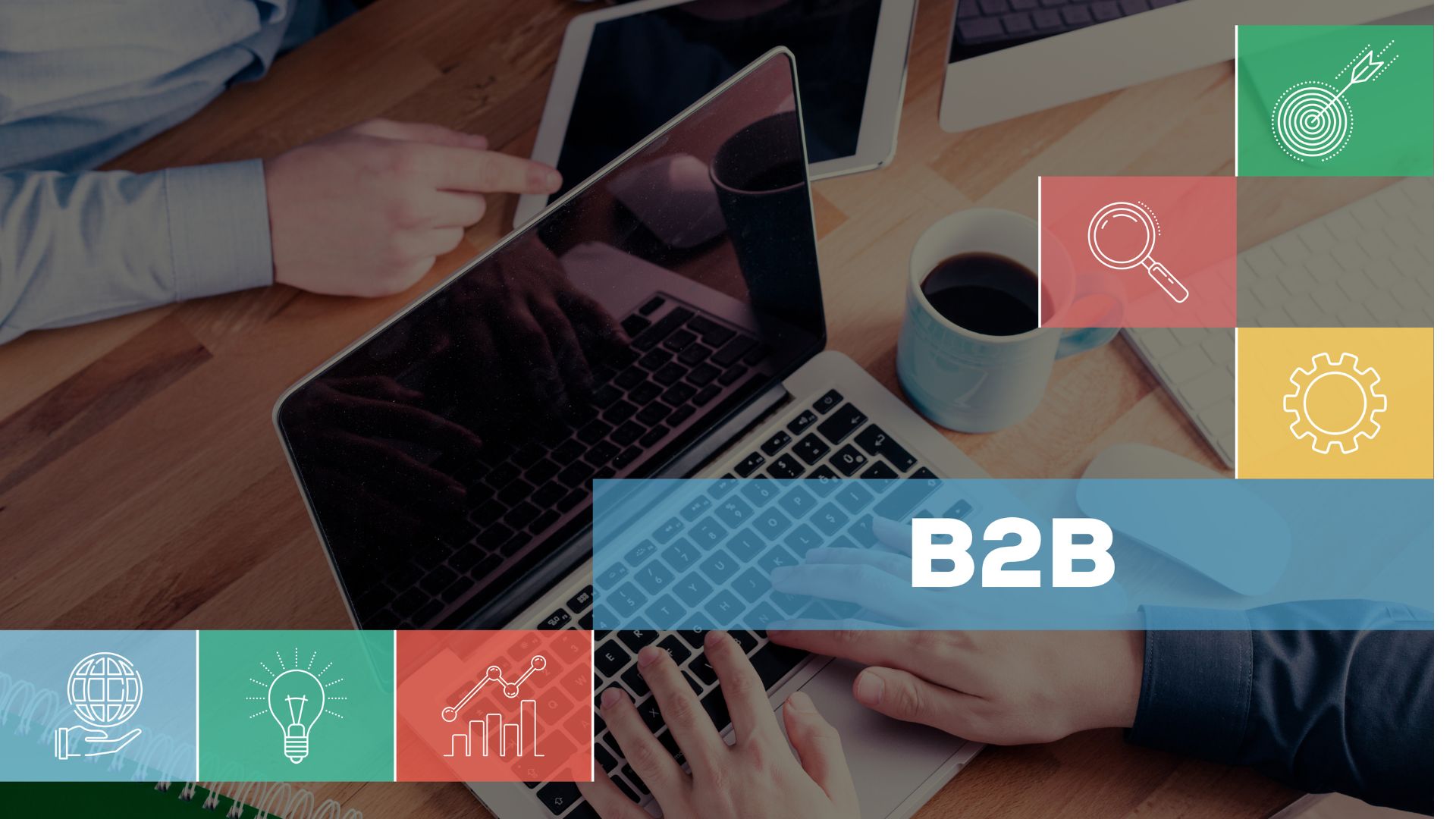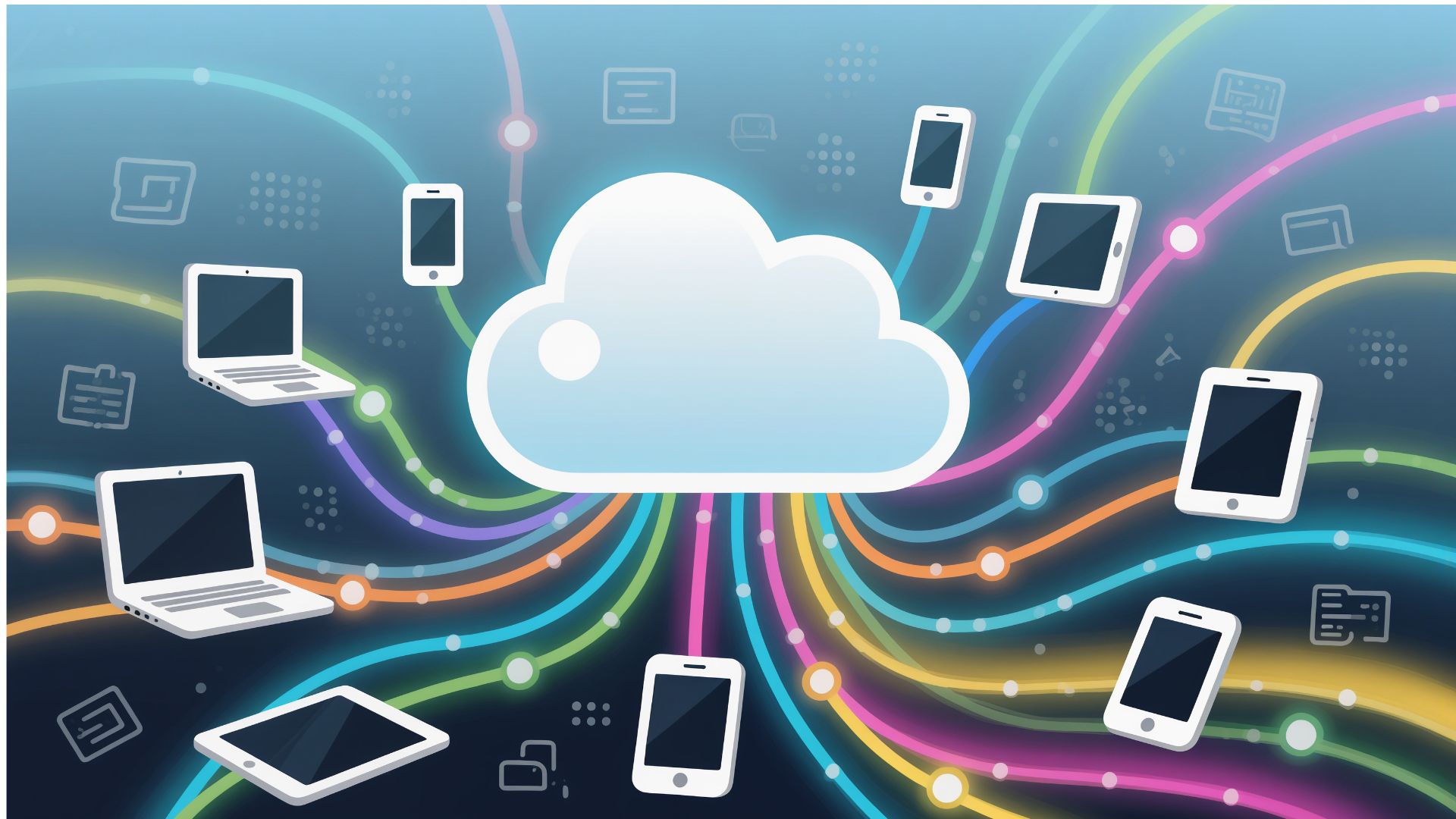In today’s digital world, personalization is no longer an option. Your customers expect unique experiences, tailored to their needs. Spotify understood this very well. Thanks to artificial intelligence, it has revolutionized the way people consume music.
It’s not just about recommendations. Spotify creates playlists, anticipates moods, and adapts content to each user. The result? An experience that feels almost human. And even if your company isn’t a music platform, there’s a lot you can learn.
How does Spotify’s artificial intelligence work?
Spotify uses several technologies: machine learning, natural language processing (NLP), and real-time data analysis. Every action you take—listen, pause, skip a song—is analyzed.
In addition, it studies song structure, lyrics, and rhythm. It also takes into account factors such as the time of day, the device you’re using, and your location. All of this allows for a hyper-personalized experience. And most importantly, it makes the user feel understood.
AI as a loyalty engine
A personalized experience creates an emotional connection. That’s why Spotify is turning AI into a loyalty and retention tool. A good example is its “Weekly Discoveries” playlist, updated every Monday with songs you’re likely to like.
More than 60% of those who interact with this list stay active longer. For Spotify, this translates into more loyal and profitable users. For you, it can mean more engaged customers, lower churn, and more sales.
Technology that generates emotions
Spotify doesn’t just use data. It transforms it into meaningful experiences. It has playlists like “Study Time,” “Relax Time,” and “Celebrate Time.” That creates an emotional connection.
You can do it too . Ask yourself: How does your customer feel when using your product or service? Can you adapt your offer based on their emotions or moments? Artificial intelligence doesn’t have to be cold. Applied well, it can humanize your brand.
What you can apply in your business
This case study is a practical guide for any company looking to use AI strategically. Here are some ideas you can put into practice:
- Collect data continuously. Every interaction counts.
- Don’t just personalize the product. Personalize the entire experience.
- Automate, but without losing proximity. Make the technology invisible, but still functional.
- Adjust your systems frequently. Algorithms must learn and evolve.
You can apply this to selling software, products, services, or digital solutions. The important thing is to adapt to the customer. Not the other way around.
Real-life use cases in B2B environments
You might think Spotify is a B2C case. But the logic can be applied to the B2B world. Here are some concrete examples:
After-sales: Automate recommendations for support, maintenance, or upgrades.
E-commerce: Create personalized offers based on browsing history.
SaaS: Tailor the features you offer based on the type of use.
Marketing: Send content tailored to interests and optimal times.
What’s next for Spotify… and for you?
Spotify continues to explore. It’s developing generative AI models to create personalized music. It’s also researching how to adapt audio to your emotions in real time.
For you, this is the time to act. The technology already exists. What you need is a clear strategy and a customer-centric approach. Personalization is no longer a luxury. It’s a requirement to compete.
Artificial intelligence can help you reduce costs, increase loyalty, and stand out from your competitors. If Spotify did it with music, you can do it with what you do best.




